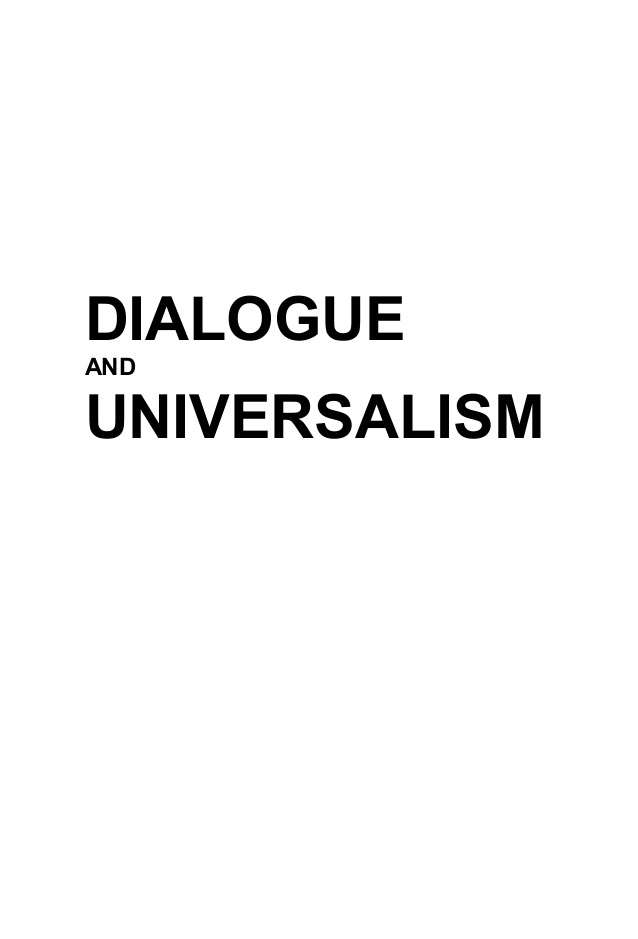DEMOCRATIC ELEMENTS IN TRADITIONAL YORUBA SOCIETY AS A BASIS FOR THE CULTURE OF DEMOCRACY IN AFRICA AND THE GLOBAL SOCIAL ORDER
DEMOCRATIC ELEMENTS IN TRADITIONAL YORUBA SOCIETY AS A BASIS FOR THE CULTURE OF DEMOCRACY IN AFRICA AND THE GLOBAL SOCIAL ORDER
Author(s): Olatunji A. OyeshileSubject(s): Non-European Philosophy, Political Philosophy, Social Philosophy
Published by: Instytut Filozofii i Socjologii Polskiej Akademii Nauk i Fundacja Filozofia na Rzecz Dialogu
Keywords: Democratic elements; governance; traditional Yoruba society; Africa; social order
Summary/Abstract: The paper examines democratic concepts or elements in traditional Yoruba society and their implications for the culture of democracy in Africa and the social order at the global level. One of the major problems confronting African states is the problem of governance. Political crises have metamorphosed into problems of ethnic conflict, war, corruption, economic stagnation, social disorder and paucity of sustainable development in Africa and these crises have also resulted in global disequilibrium. This paper revisits traditional Yoruba society, with a special emphasis on the democratic elements. It adopts as its theoretical framework some aspects of the traditional Yoruba socio-ethical values to underscore the importance of democratic elements based on communal values. Such concepts as ifowosowopo (cooperation), agbajo owo (solidarity), amumora (toler-ance), and ilosiwaju (progress) are examined to point up their roles in addressing the crisis of (democratic) governance. The paper establishes that the inbuilt democratic elements, based on social ethical values, helped to sustain governance in traditional Yoruba society. It is concluded that democratic elements are much more important than democracy itself.
Journal: Dialogue and Universalism
- Issue Year: 2017
- Issue No: 2
- Page Range: 67-83
- Page Count: 17
- Language: English
- Content File-PDF

